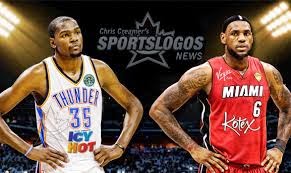One of the major factors in marketing that can prove to be very profitable for a company is market segmentation. This is the practice of grouping prospective buyers into different categories based on geographic, demographic, psychographic, and behavioral attributes. Segmenting allows company’s to reach out to a large number of consumers and still stay profitable. It would be impossible for one product to reach everyone and it would also cost too much for a company to try and reach every consumer. In order to still be profitable and reach the maximum amount of prospective buyers companies utilize segmentation.
When a company looks to form segments they should consider the following criteria:
• Simplicity and cost effectiveness of assessing potential buyers to segments
• Potential for increased product
• Similarity of needs of potential buyers within a segment
• Difference of needs of buyers among segments
• Potential of a marketing action to reach a segment
By following these steps companies will see the most success from segmentation and increase their potential for satisfying potential buyers. Once a firm creates segments they must then create target segments. These are the segments in which a firm will generate the most profit and will concentrate on. The criteria for choosing a target segment are as follows:
• Market Size---If a segment is very small it should be avoided as the profits may not be large enough to help a company be successful
• Expected Growth---If a market has a low growth rate it may not be in the firms best interest to target this market as profits will be low
• Competitive position---If a market has a lot of competition in it, it could prove to be difficult for a company to be earn a large profit
• Cost of reaching the segment---If a market costs more than a company can afford it should not be considered by the company because it may be difficult to gain back the money lost
• Compatibility with the organization’s objectives and resources---If a segment does not have the resources or ability to gain those resources this segment should be avoided.
In present day marketing the “one size fits all” mentality no longer exists. Today there are multiple products within multiple markets instead of trying to reach everyone with a single product. There is more mass customization and build-to-order items giving more options to the consumer. A perfect example of market segmentation can be seen in Audi. In class we viewed four commercials all marketing Audi’s products such as the Quattro. The interesting part about all of these commercials was that each was targeting a different segment. For example one commercial targeted children whose parents may purchase the automobile, another commercial targeted sports car users who may live in an area where snow is predominate and can cause havoc on vehicles because it showed that the Audi never broke down in these areas. The utilization of multiple commercials to reach different segments can contribute to how profitable Audi is. By segmenting a company not only increases profits but they maximize their chance for success.

